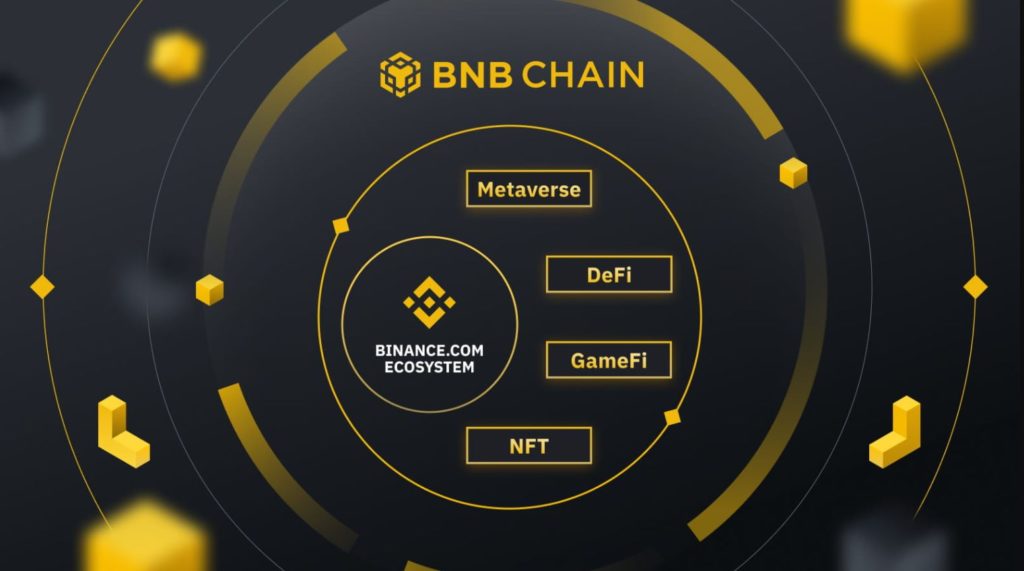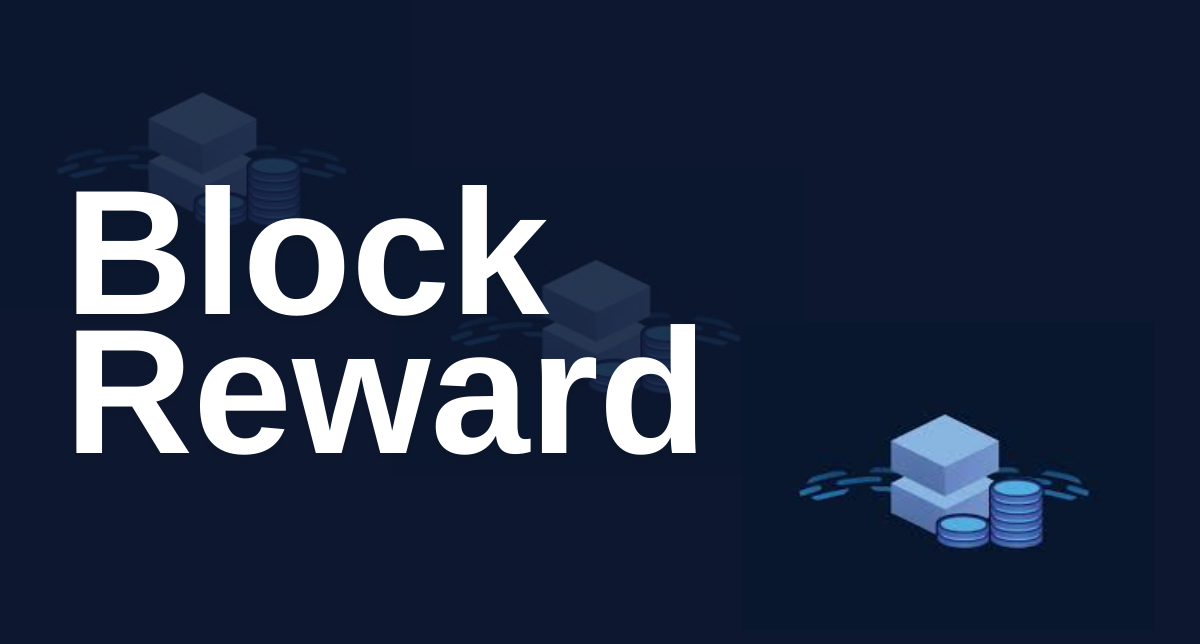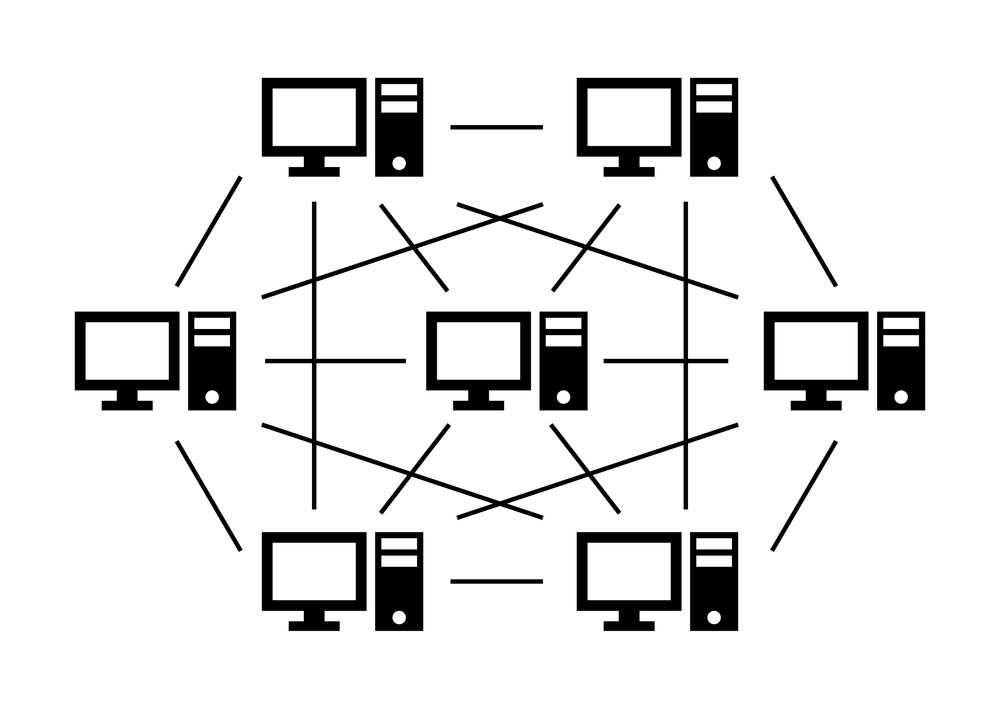The world of blockchain and decentralized finance (DeFi) has seen remarkable advancements, with the 0x Protocol emerging as one of the pioneering technologies driving decentralized exchange (DEX) solutions. Designed to enable peer-to-peer exchange of assets on the Ethereum blockchain, 0x Protocol is a permissionless, open-source platform that provides the infrastructure for secure, efficient, and scalable token trading.
This article delves into the details of 0x Protocol, exploring its origins, features, benefits, and its role in the evolving DeFi ecosystem.
What is 0x Protocol?
0x Protocol, often referred to simply as “0x,” is an open-source protocol that facilitates decentralized exchange on the Ethereum blockchain. Created by 0x Labs in 2017, 0x aims to address the inefficiencies of traditional centralized exchanges and create a more accessible and efficient trading environment. The protocol enables users to trade a wide range of Ethereum-based assets, such as ERC-20 tokens and non-fungible tokens (NFTs), directly with each other without intermediaries.
By using a combination of smart contracts and off-chain relay systems, 0x Protocol offers a secure, scalable, and user-friendly solution for token trading. This unique hybrid approach reduces the transaction costs and congestion typically associated with purely on-chain transactions, making 0x an attractive choice for developers and traders alike.
How Does 0x Protocol Work?
The 0x Protocol leverages a combination of on-chain and off-chain processes to streamline the trading experience:
- Smart Contracts: The backbone of 0x Protocol is its suite of smart contracts, which are executed on the Ethereum blockchain. These contracts handle the core functionalities of token exchange, ensuring security and immutability in every transaction. They also serve as the settlement layer, ensuring that funds are exchanged only when both parties fulfill the trade conditions.
- Off-Chain Relayers: To reduce on-chain congestion, 0x uses off-chain relay systems, also known as “relayers.” These relayers act as order books, collecting and broadcasting orders without actually holding users’ assets. Relayers reduce the burden on the Ethereum network, making transactions faster and more cost-effective. Once two users agree on the terms of a trade, the transaction is then processed on-chain.
- Native Token (ZRX): 0x Protocol uses its native token, ZRX, to incentivize and govern the network. ZRX holders can participate in protocol governance, voting on proposed upgrades and improvements. Relayers also earn fees in ZRX tokens for facilitating trades, creating an incentive structure that sustains network participation.
- Meta Transactions: 0x Protocol supports meta transactions, allowing users to interact with the protocol without holding Ether (ETH). This functionality enables seamless onboarding of new users, as they can conduct transactions without needing ETH to pay for gas fees, which are instead covered by third parties or bundled in the transaction fees.
Key Features of 0x Protocol
0x Protocol boasts several standout features that set it apart from other DEX protocols:
- Interoperability: 0x Protocol is designed to be interoperable with multiple Ethereum-based applications and DEXs. This makes it easy for developers to integrate 0x into various DeFi applications, providing users with access to a wider range of trading options across platforms.
- Liquidity Aggregation: 0x aggregates liquidity from different sources, ensuring users receive optimal pricing on trades. This feature also allows smaller exchanges to tap into larger pools of liquidity, improving trading efficiency and reducing slippage.
- Flexible API for Developers: The 0x API is an adaptable tool that allows developers to customize and build on top of the 0x Protocol. Through this API, developers can create unique DEX functionalities within their applications, such as limit orders, market orders, and token swaps, tailored to meet their specific needs.
- Seamless NFT Support: 0x Protocol has expanded to support non-fungible tokens (NFTs), allowing users to trade a diverse array of digital assets, from art to collectibles, with ease. This feature has broadened the protocol’s appeal in the NFT market, which has seen explosive growth in recent years.
- Governance Model: 0x is governed by its community of ZRX token holders, who have the power to vote on protocol updates and changes. This decentralized governance structure ensures that users have a direct say in the protocol’s evolution, fostering a transparent and community-driven ecosystem.
Advantages of 0x Protocol
0x Protocol offers a range of benefits that address many of the limitations associated with centralized and decentralized exchanges:
- Decentralization and Security: Unlike centralized exchanges, 0x Protocol operates on a peer-to-peer basis, eliminating the need for intermediaries and enhancing security. Funds are never held by the platform, reducing the risk of hacks and fraud associated with centralized custody.
- Lower Transaction Costs: With the off-chain relayers reducing on-chain transactions, 0x Protocol significantly lowers transaction fees. Traders can exchange assets with minimal gas costs, making it more cost-effective, especially during periods of high network activity.
- Greater Accessibility: 0x Protocol’s compatibility with other Ethereum applications and protocols increases its accessibility. Users can seamlessly switch between various DeFi platforms and exchanges without losing access to liquidity or trading functionality.
- Enhanced Privacy: By eliminating intermediaries and reducing the need for personal data, 0x Protocol provides a level of privacy that is often absent on centralized exchanges. Trades are conducted directly between users, offering an added layer of confidentiality.
- Efficient Trading for NFTs: With 0x Protocol’s support for NFTs, users can trade unique digital assets without facing the challenges of illiquidity or inflated transaction fees. This feature opens up new possibilities for NFT markets and decentralized applications focused on digital art and collectibles.
0x Protocol in the DeFi Ecosystem
As decentralized finance (DeFi) grows in popularity, the role of decentralized exchanges is becoming increasingly important. 0x Protocol has positioned itself as a critical player in this space, enabling seamless and efficient trading across various asset classes. Its protocol has been integrated into numerous DeFi applications, including Uniswap, Matcha, and Tokenlon, underscoring its value as a foundational technology for the DeFi sector.
In addition to trading, the protocol’s governance model allows community members to actively participate in its development, ensuring that 0x continues to evolve in line with users’ needs. By enabling cross-platform interoperability, 0x also promotes collaboration within the DeFi ecosystem, encouraging innovation and enhancing the overall user experience.
Challenges and Future Prospects
While 0x Protocol has made significant strides in the DeFi space, it faces certain challenges. High gas fees on Ethereum can still impact transaction costs, particularly during periods of network congestion. Additionally, competition from other DEX protocols like Uniswap and Sushiswap presents a competitive landscape that requires constant innovation.
To address these challenges, 0x Labs has plans to expand the protocol’s reach beyond Ethereum, exploring cross-chain functionality to further reduce costs and improve scalability. The development team is also focused on integrating Layer 2 solutions, such as zk-rollups, which can alleviate the scalability issues of Ethereum’s Layer 1 network.
With these initiatives, 0x Protocol is well-positioned to remain a major player in the DeFi ecosystem. Its flexible architecture, community-driven governance, and commitment to innovation give it the foundation to adapt and grow in a rapidly evolving market.
Conclusion
0x Protocol has carved a unique niche in the blockchain and DeFi landscape, providing an open, decentralized, and cost-efficient infrastructure for peer-to-peer trading. With features like off-chain relayers, liquidity aggregation, and NFT support, 0x is a powerful tool for developers and traders looking for seamless, secure, and private trading solutions.
As the DeFi sector continues to expand, the role of protocols like 0x in supporting decentralized exchange and interoperability will only grow in importance. By empowering users with more control and lower costs, 0x Protocol is helping to shape the future of finance, making decentralized trading accessible and efficient for a global audience.




